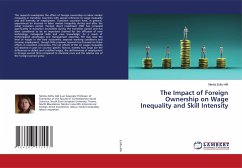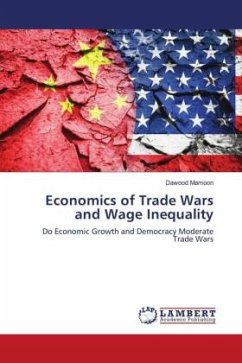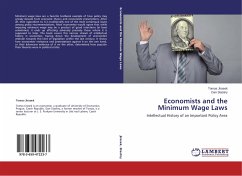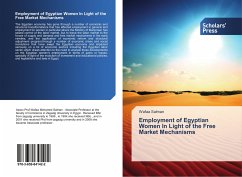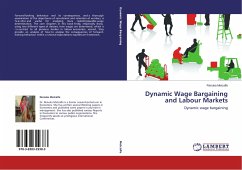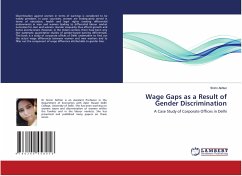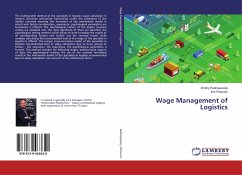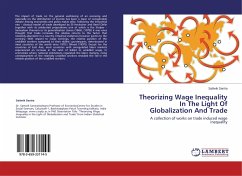
Theorizing Wage Inequality In The Light Of Globalization And Trade
A collection of works on trade induced wage inequality
Versandkostenfrei!
Versandfertig in 6-10 Tagen
36,99 €
inkl. MwSt.

PAYBACK Punkte
18 °P sammeln!
The impact of trade on the general well-being of an economy and especially on the distribution of income has been a topic of considerable debate among economists and policy makes alike. Following the influential neo - classical model of trade developed by Eli Heckscher and Bertil Ohlin together with its celebrated propositions one of which is the Stolper - Samuelson theorem or its generalization (Jones (1965), (1979)) it was once thought that trade increases the relative returns to the factor that relatively abundant in a country. Empirical evidences however points to the contrary. With respec...
The impact of trade on the general well-being of an economy and especially on the distribution of income has been a topic of considerable debate among economists and policy makes alike. Following the influential neo - classical model of trade developed by Eli Heckscher and Bertil Ohlin together with its celebrated propositions one of which is the Stolper - Samuelson theorem or its generalization (Jones (1965), (1979)) it was once thought that trade increases the relative returns to the factor that relatively abundant in a country. Empirical evidences however points to the contrary. With respect to wage earnings, the relative position of the unskilled workers compared to their skilled counterparts, deteriorated in most countries of the world since 1970's (Wood (1997)). Except for the countries of East Asia, most countries with unregulated labor markets experienced an increase in the ratio of skilled to unskilled wage. In economies where national institutions regulated the labor markets, rising unemployment of the relatively unskilled workers revealed the fall in the relative position of the unskilled workers.




